Socioeconomic inequality in longevity is larger than we thought
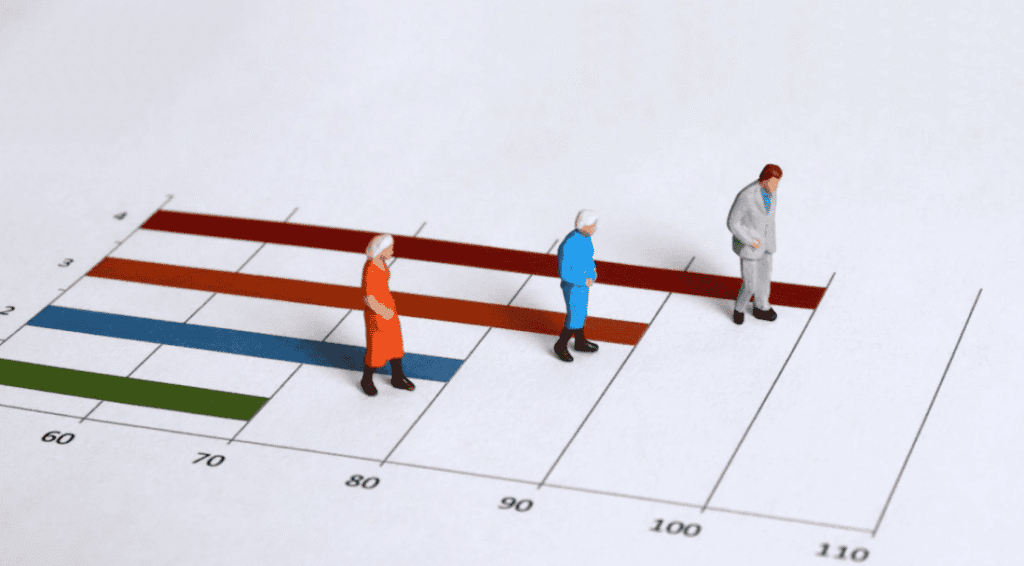
It is well established that individuals with higher socioeconomic status live longer than those with lower socioeconomic status, but most evidence on this is based
How the global minimum tax amendments could reshape Europe’s tax incentives
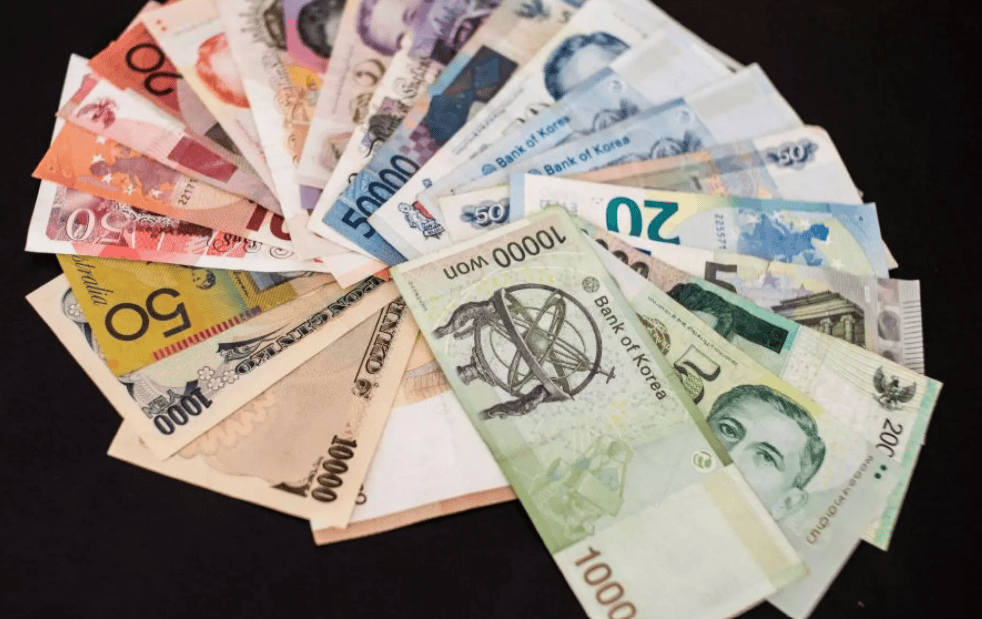
This analysis offers estimates for EU countries of the possible impact of the ‘safe harbour’ update to the global minimum tax on corporate profits. An
Minimum wages and insurance within the firm

While much of the debate over minimum wages focuses on how they affect average pay levels or job losses, an equally important question is how
Forecasting inflation: The sum of the cycles outperforms the whole
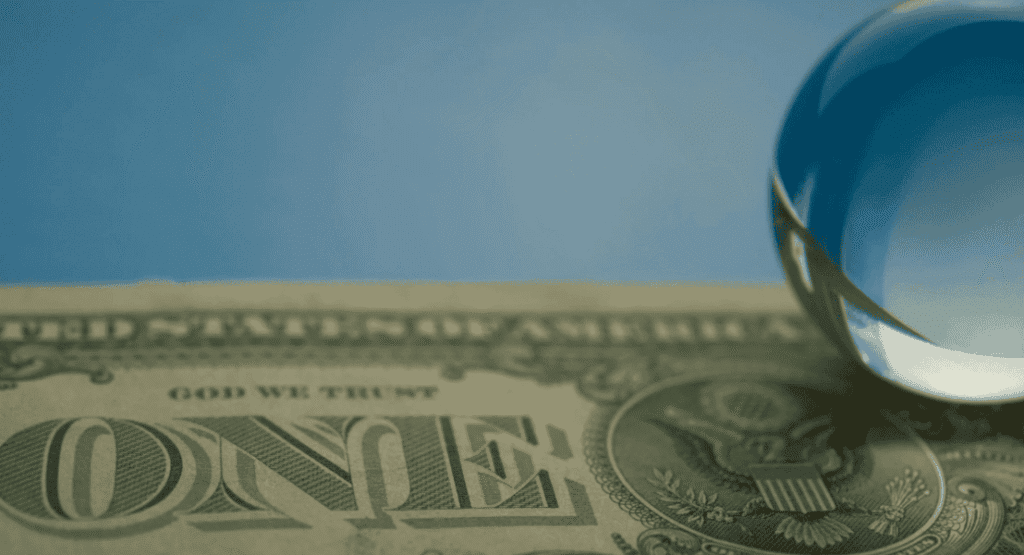
Inflation reflects forces operating at different cycles, from short-lived shocks to slow-moving structural trends. Yet most forecasting models treat inflation as a single aggregate process.
Tariff reciprocity and the True Cost of Protection Index
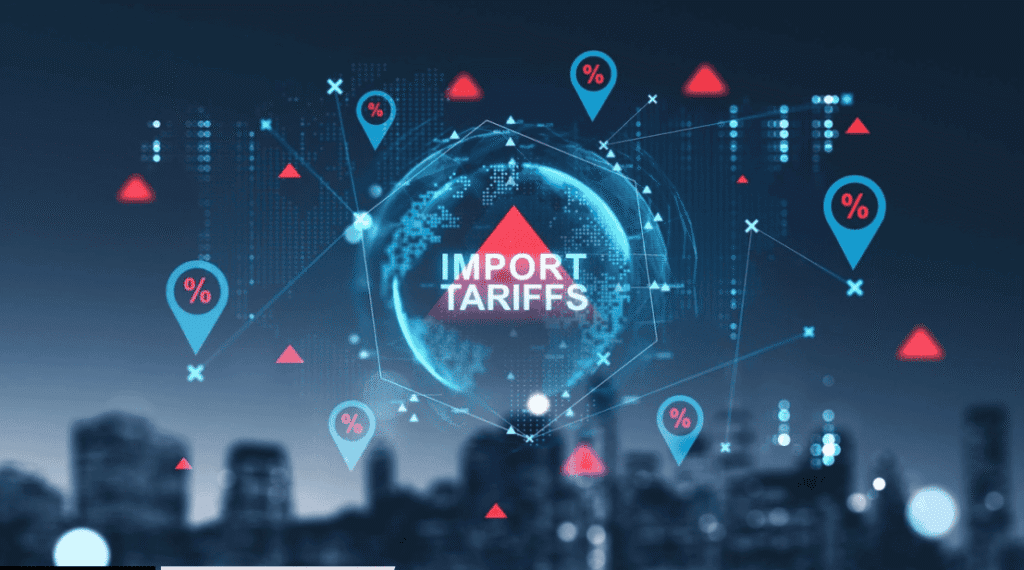
Effective tariff index comparisons are spotlighted in media reports on trade wars and trade talks. This column argues that the effective tariff index is inadequate
Addressing Europe’s services dependencies

Recent shifts in the geopolitical order have created an urgent need for Europe to strengthen its strategic autonomy. This column discusses the economic security issues
New evidence on the resilience benefit of borrower-based measures when interest rates go up
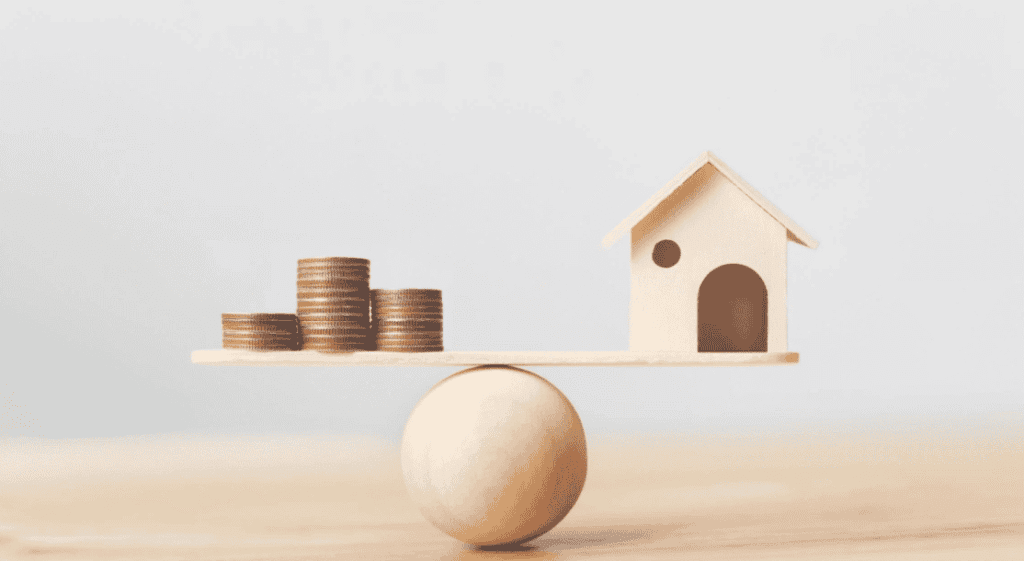
Borrower-based macroprudential measures are meant to provide a guardrail to counter an erosion of lending standards over time. This column explores whether such measures can
The Bank of England’s capital mistake?
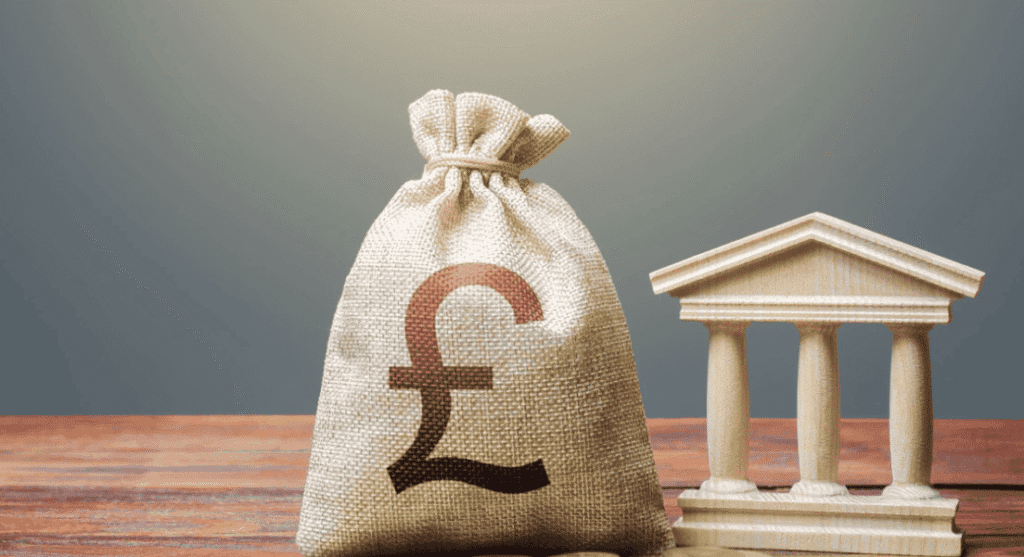
On 2 December 2025, the Bank of England’s Financial Policy Committee announced it would be lowering the capital requirement for UK banks. This column argues
Beyond emergency responses: Why local context matters for refugee allocation

A growing body of evidence shows that rising inflows of immigrants and refugees can trigger political backlash. This column examines how local economic and cultural
UAE economy to exceed global growth in 2026; GDP revised up to 5%

Standard Chartered says country to benefit from shifts in global supply chains, strong non-oil sector. The UAE economy is poised to expand faster than previously





